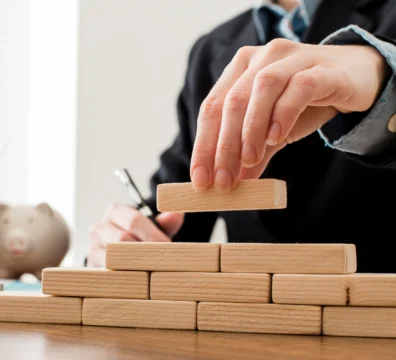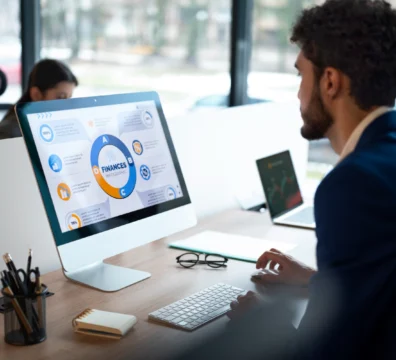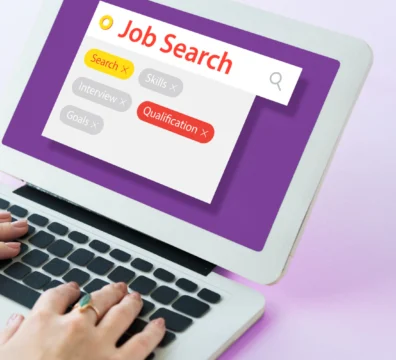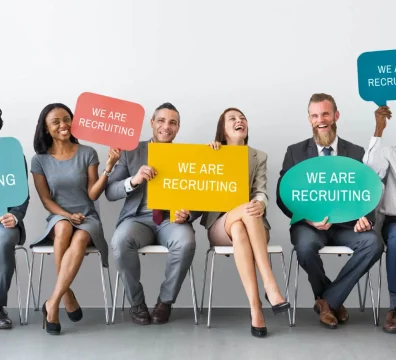Ever wondered why HR professionals are so concerned about training and developing employees? Well, according to a survey from 2015, 38% of them consider it their top staffing priority. And it makes sense, right? Companies that invest in their employees’ growth tend to come out on top.
In this constantly changing corporate world, businesses realise the importance of investing in their employees. With a growing focus on employee engagement, retention, and well-being, HR departments are taking on new roles and responsibilities.
Traditionally, HR used to focus mainly on hiring, firing, and the occasional pay raise. But now, they’re stepping into a bigger role: fostering and supporting the career growth of employees.
In this article, we will take you through the HR role in employee development and why it’s so important for the progress of both employees and the company.
What is the HR role in Employee Development?
HR, or Human Resources, is the backbone of any organisation when it comes to managing and nurturing its workforce. But the question is, what is the role of HR manager in organisational development, and do they contribute to the company’s overall success? So, let’s take a look!
Identifying Training Needs
The first HR role in employee development process is to identify the training needs of the workforce. An HR will accomplish this through various methods, such as conducting skills assessments, analysing performance data, and gathering feedback from both employees and managers.
They can also effectively tailor development plans to meet individual and organisational goals. How? By understanding employees’ current skill sets and pinpointing areas for improvement.
Creating Individual Development Plans
Once skill gaps have been identified, the HR will work closely with higher management to create individualised development plans. These plans outline specific goals, resources, and timelines to help employees close the skill gaps and achieve their full potential.
Whether it’s through workshops, online courses, or mentorship programs, HRs ensure that employees have access to the necessary tools and support to succeed in their development journey.
Supporting Career Advancement
Another HR role in employee development is to identify employees with the potential to take on leadership roles within the organisation. Through career development plans, leadership training, and exposure to cross-functional opportunities, HR helps groom employees for future leadership positions.
Besides, by investing in the growth and advancement of its employees, the organisation strengthens its talent pipeline and builds a culture of internal mobility and career progression.
Providing Ongoing Support
The HR role in employee development is not a one-time event but an ongoing process requiring continuous support and guidance. HR serves as a mentor and coach to employees. They also help them set and track progress toward their development goals.
Whether it’s offering constructive feedback, providing resources, or connecting employees with mentorship opportunities, HR makes sure that employees feel supported and empowered to take ownership of their professional growth.
Creating a Culture of Continuous Learning
Eventually, the HR role in employee development is more than individual growth. By building a continuous learning and growth culture, HR helps drive innovation, adaptability, and resilience within the workforce. Eventually, it contributes to the long-term success and sustainability of the organisation. This also helps attract top talents while reducing employee churn.
5 Top Importance of HR Role in Employee Development
HR is like the engine that drives the development of employees within an organisation. So, let’s look into why the HR role in employee development is so important and how it benefits both employees and the organisation as a whole.
Enhancing Employee Performance
Every organisation wants its employees to perform at their best, right? That’s where the HR role in training and development matters. HR steps in with training and development programs. By investing in these initiatives, employees gain the skills and knowledge needed to excel in their roles.
Imagine a team where everyone is equipped with the right tools and expertise to handle any task. As a result, there will be better productivity, work quality, and efficiency will become second nature.
Employee Engagement and Retention
Ever heard the phrase, “happy employees, happy company”? Well, it’s true. When employees feel valued and supported through training and development opportunities, they’re more engaged with their work. They stick around longer, which reduces turnover rates and saves the organisation from the costly cycle of recruitment and onboarding. It’s a win-win situation for everyone.
Developing Leadership Skills
Leadership isn’t just about titles; it’s about inspiring others, making tough decisions, and handling tough situations. The role of HR manager in training and development plays a major part here. They recognise this and invest in developing leadership skills among employees.
Whether it’s through workshops, mentoring, or specialised programs, they help aspiring leaders hone their abilities and become the driving force behind organisational success.
Adaptability and Innovation
In this constantly changing world, change is the only constant. Therefore, organisations need employees who can contribute more and think outside the box. That’s where HR’s training and development programs come into play.
The role of HR manager in training and development is to equip employees with the tools to embrace change and foster innovation. This way, organisations stay ahead of the curve and remain competitive in their respective industries.
Improved Organisational Culture
Think of a workplace where learning and growth are not just encouraged but celebrated—a place where employees feel supported in their personal and professional development journey. That’s the kind of organisation most employees nowadays prefer.
In short, the HR role in employee development is not just about ticking boxes. Besides, it’s about investing in an organisation’s most valuable asset—its people. So, the next time you hear about the HR role in employee development, remember: it’s not just about training; it’s about transforming potential into performance and dreams into reality.
How 6 Pence Helps
The HR role in employee development is undeniable. Their main focus is on helping employees grow and succeed within an organisation. Therefore, they invest in training, development, and other initiatives to set employees up for success, ultimately benefiting the whole organisation.
Are you looking to hire top candidates for your business? Worry not! At 6 Pence, our experienced recruiters can help find the best-fit candidate for open positions within your company. We have been helping with staffing and HR assistance for the last two decades in Bahrain, Oman, Iraq, and Dubai. For more details, get in touch with us today!
FAQs
Q1. What is the role of HR in team development?
Ans: HR plays a major role in team development by ensuring the right people are recruited, policies are fair, and positive work culture is maintained. They balance talent pools, advocate for employee rights, set positive examples, and create communication policies that encourage openness. Eventually, their efforts contribute to balanced teams where employees feel supported, valued, and motivated to collaborate effectively.
Q2. How does HR effectively manage employee performance?
Ans: HR effectively manages employee performance through:
- Planning: Setting clear goals aligned with organisational objectives and providing a roadmap for employees to follow.
- Performance Coaching: Offering regular feedback and support tailored to each employee’s needs while empowering them to improve and develop skills.
- Performance Review: Providing constructive feedback, recognising strengths, and addressing areas for improvement to guide future development plans.
Q3. What is HR Employee Engagement?
Ans: Employee engagement refers to how employees feel about their jobs and how much effort they put into them. It’s like having a positive attitude and showing dedication to their work. HR plays a crucial role in ensuring employees are satisfied, share the company’s values, and are supported. This means HR helps develop employees by building a work environment where they feel valued and motivated to give their best.




































































































